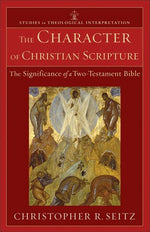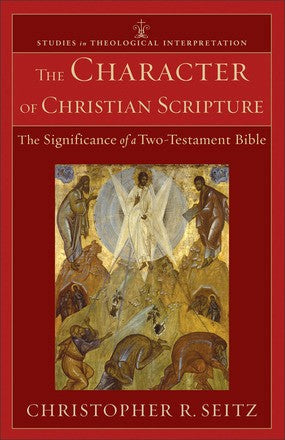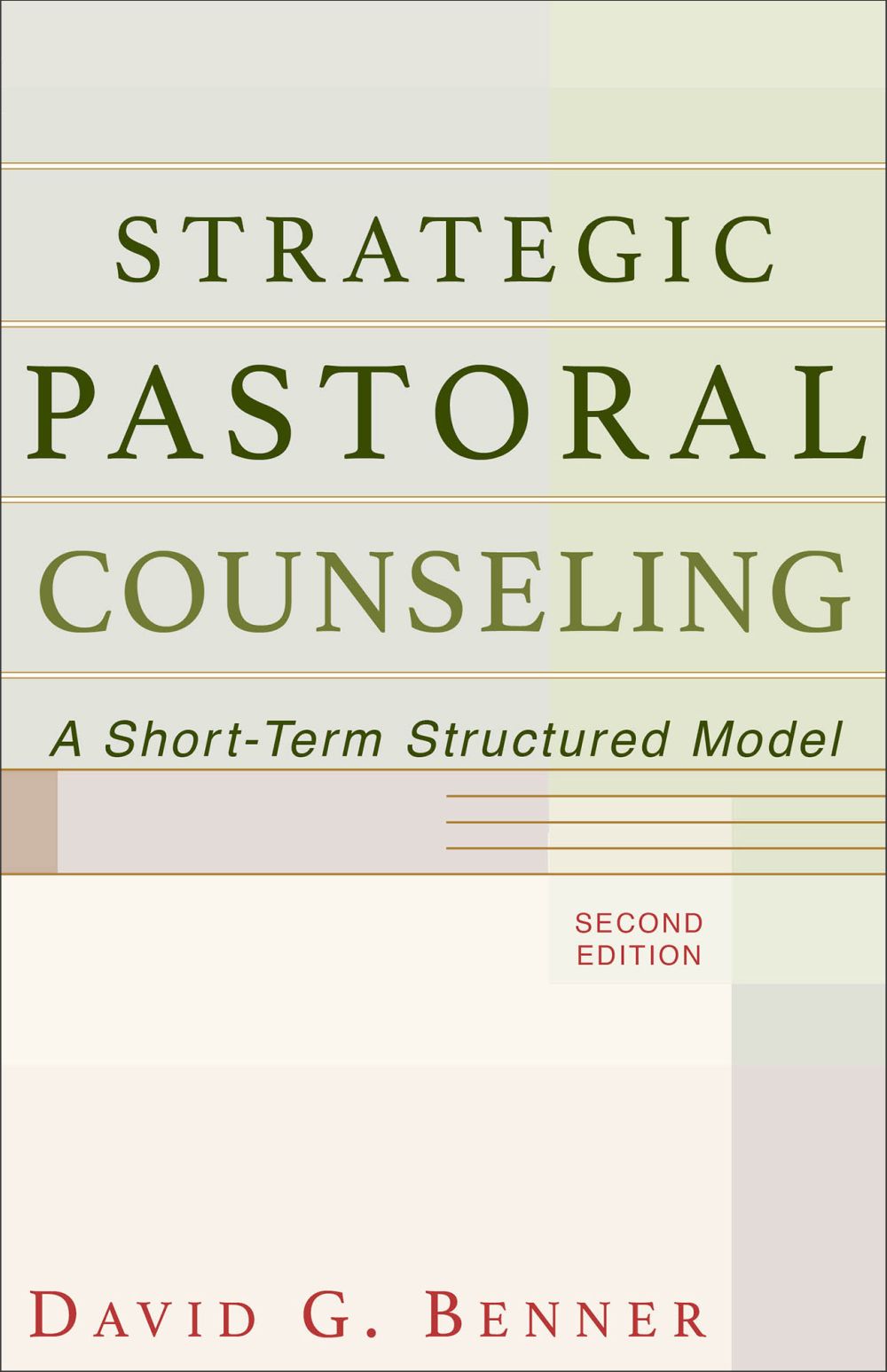The Character of Christian Scripture: The Significance of a Two-Testament Bible (Studies in Theological Interpretation)
Couldn't load pickup availability
- Binding:
- Paperback
- ISBN:
- 9780801039485
- Publisher:
- Baker Academic
ISBN: 9780801039485
Type: Paperback
1. The Canonical Approach and Theological Interpretation
The Studies in Theological Interpretation series is dedicated to the pursuit of constructive theological interpretation of the church's inheritance of prophets and apostles in a manner that is open to reconnection with the long history of theological reading in the church. These brief, focused, and closely argued studies evaluate the hermeneutical, historical, and theological dimensions of scriptural reading and interpretation for our times.
Gary Anderson (University of Notre Dame), Markus Bockmuehl (University of Oxford), Richard Hays (Duke University Divinity School), Christine Pohl (Asbury Theological Seminary), Eleonore Stump (Saint Louis University), Anthony Thiselton (University of Nottingham, University of Chester), Marianne Meye Thompson (Fuller Theological Seminary), Kevin Vanhoozer (Wheaton College and Graduate School), John Webster (University of Aberdeen)
Endorsements
"In this learned, astute, and graceful study, Seitz reflects on the significance of the two-testament form of the Bible for understanding the character of Christian Scripture. It is a commanding account of the matter from a master of biblical theology."
John Webster, chair of systematic theology, King's College, Aberdeen
"In The Character of Christian Scripture, Seitz carries forward the work of Brevard Childs and his canonical approach to the theological interpretation of Scripture. In contrast to some recent hermeneutical proposals that read the Old Testament in a restricted way only through the lens of the New Testament, Seitz argues that the rich, diverse, and unique theological resources of the Old Testament should be allowed their own integrity in dialogue with the witness of the New Testament. Seitz rightly argues that the Christian Bible is unique in its bi-testamentality and thus requires a correspondingly unique theological hermeneutic as it testifies to the Triune God of Christian faith."
Dennis Olson, Charles T. Haley Professor of Old Testament Theology, Princeton Theological Seminary
"What does it mean for the Christian Bible to have two testaments? Christopher Seitz, the foremost proponent of the canonical approach today, demonstrates how this deceptively simple question leads us to the heart of the challenge of reading the Bible theologically. Incisive in its criticisms, sound in its proposals, and ecclesial in its concerns, this is an exhilarating contribution to biblical theology. Required reading for anyone trying to think clearly about how to read Scripture in and for the church."
Nathan MacDonald, leader of the Sofja-Kovalevskaja Research Team, University of Göttingen; reader in Old Testament, University of St. Andrews
"Seitz has long been blazing an exciting trail in thinking through the theological reality of a single, two-testament Bible. Here--in vigorous, challenging, and learned argumentation--he brings his reflections to a magnificent maturity and shows a way beyond the too-facile formulae of relating Old and New that have ultimately stripped the Old Testament of its power and substance as God's living Word. Among the volume's many gifts is Seitz's convincing reassessment of the character of the early church's 'rule of faith' in reading Israel's Scriptures and the emerging New Testament--a key demonstration of how the peculiarity of maintaining a Bible of two distinct witnesses held 'in accord' can open up and guard a complexity and richness of Scriptural meaning. Seitz's rigorous book constitutes a major contribution to both theological and practical hermeneutics that should fruitfully reorient the church's reading of the Bible."
Ephraim Radner, professor of historical theology, Wycliffe College, University of Toronto
"Beginning with the Bible's unique character as a two-testament book, Seitz traces a theocentric path through issues of historicity, the final form of the canon, the providential location of the church's exegetical task, the distinctiveness of the Old Testament's voice, the rule of faith, contemporary Anglican debates, and more. A work of maturity and grace, this is Seitz's best book yet--necessary reading both for its answers and, equally important, its questions."
Matthew Levering, professor of theology, University of Dayton
- Weight:
- 0.625 lb




